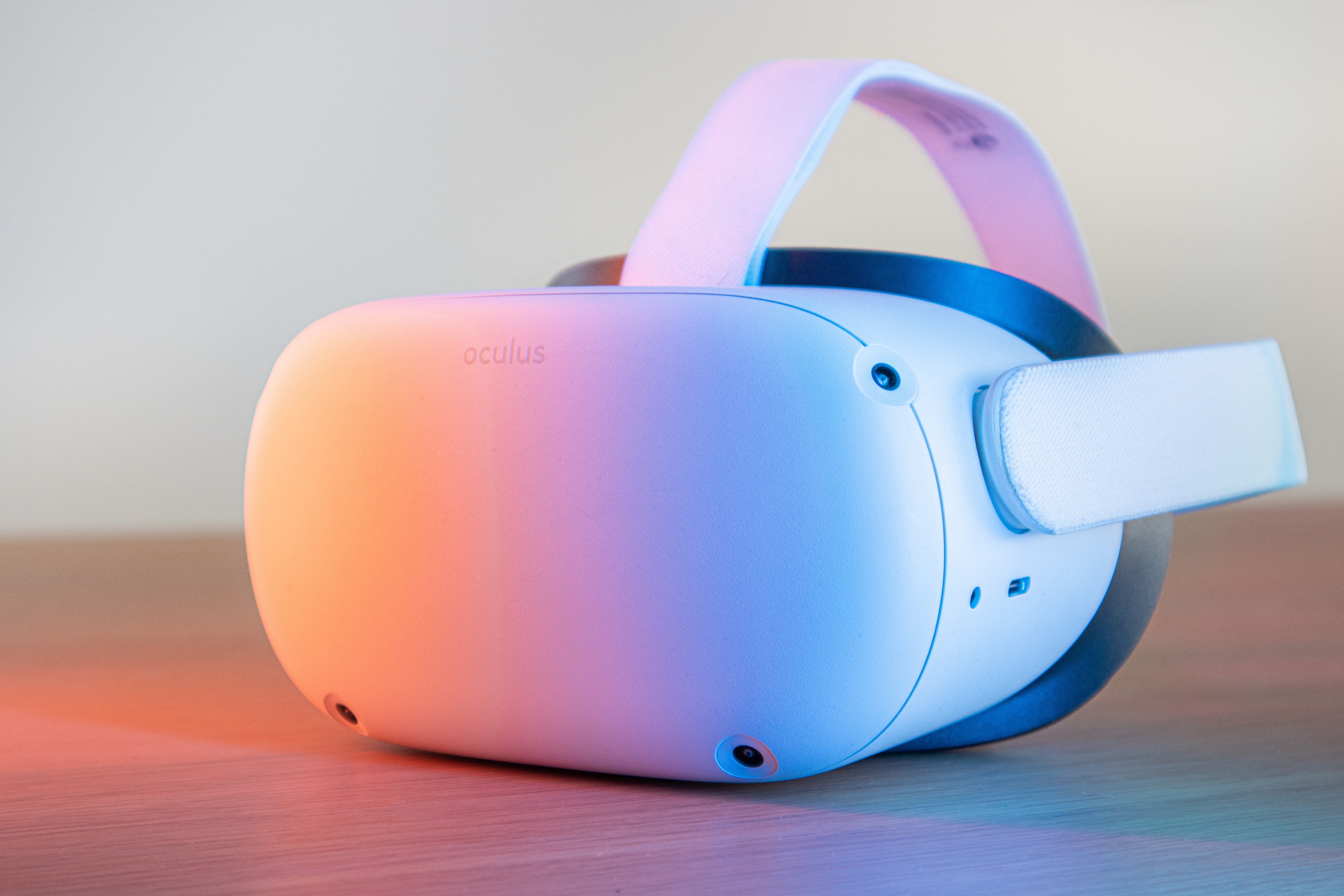
The progress of technology is ever present and ever increasing in rapidity, and people are always looking at what will be the next big technological revolution. Pushing the boundaries of reality seems to always have been on human’s minds, and as virtual reality is slowly developing a new concept emerges: the idea of an entirely virtual world.
To say that there is a debate around the intrinsic virtues and vices of the existence of metaverses is a severe understatement. Debate has been going on for a long time, meaning that there are a lot of people, with a lot more experience and knowledge than me, who have already answered this question one way or another. Therefore, we are not going to concern ourselves with it. Instead, let’s ask another question: what is actually the aim of the metaverse exactly?
A broad question to be sure, and I think the first step would be looking at the definition google gives us:
A virtual-reality space in which users can interact with a computer-generated environment and other users.’’
Now this is of course a very broad definition, and to get a better grasp on this question I propose that we look at some real life examples.
Practical with a dash of fun
When Zuckerberg, the founder and owner of Facebook, announced his new project, the clip that he showed showcased exactly what he thought the metaverse meant. In the first few minutes he says what he envisions his metaverse as:
Metaverse will be the successor of the mobile internet.”
In short, that means that whichever experience we now traditionally have on our phone or computer will be able to be had as if we were really in the moment. Zuckerberg further claims that his metaverse will allow you to ‘’do almost anything that you can image, get together with friends and family, work, learn, play, shop, create.’’
What is interesting about this definition is that the activities described are primarily actions that can already be done in real life or through the mobile network. What Zuckerberg’s Metaverse truly adds to this is the possibility of doing these activities in a context that is fully free from the restraints of the physical world. In other words, if you want to embody a four armed robot whilst doing your shopping: you can. Your apartment space looks boring? Why not make it look like your place is located under the ocean. In other words, it does not so much modify our role in society as we still abide by the set norms of real life social and functional conventions but instead it changes the stage in which we operate. His metaverse should thus be considered more of a way of amending an existing reality to your tastes by reshaping the form of everything around you, rather than creating a brand new persona free from your real life self.

This grounding to the physical world is made obvious during all of Zuckerberg’s video, as he emphasises how our real life will be transported into the virtual space to make interactions and activities go smoothlier. In my opinion this is what fixes the limitations of Zuckerberg’s metaverse: it doesn’t so much build a new world as it enhances an existing one.
Fun with a dash of practical
Now the next type of metaverse that we’re going to investigate is a bit of a special case: it hasn’t, to my knowledge, been done in the real world. What I mean by that is that this metaverse pertains to a work of fiction, more specifically the film Ready Player One. This is inherently, not an issue for our question as we are more concerned about conceptualising what metaverses could be like rather than what has actually been done.

At first glance, the metaverse in Ready Player One is rather similar to Zuckerberg’s in the sense that it inevitably has ties with the real world. For example, people who work a job in this metaverse will get real life money, and the social hierarchies and conventions in the metaverse are the same as in real life. You will not find yourself forced to swear feudality to a king nor can you casually steal somebody’s belongings or kill an unsuspecting bypasser. Most of the surroundings and avatars do not abide by the laws of physics or reality, but that (yet again) doesn’t change the nature of things, only their appearance.
Photo by Hello I’m Nik on Unsplash
However, the metaverse in Ready Player One does in fact break and redefine is what acceptable behaviour is. A corner of that world is specifically dedicated for PvP, meaning that the restriction of ‘’not killing’’ and ‘’no stealing’’ that I just mentioned do not apply anymore. Destructive and normally dangerous activities are held for fun and competition: ever wanted to participate in a race where you can get eaten by a t-rex? That’s entirely doable. In other words: within this metaverse, you can have an activity that would normally not be acceptable in real life. It then not only gives you a new stage to evolve on, but also presents a new way of thinking, as real life societal boundaries are crossed.
The line between ‘’real’’ and ‘’meta’’ world is further enhanced by the fact that the activities within the metaverse do not feel the need to echo your offline environment. It is not designed to facilitate connection between people you know or to participate in events related to the real world, instead opting to be self-sufficient, a true parallel world so to speak.

Final thoughts
I think that overall, metaverses are defined by the way they decide to break worldly restrictions, be it ones related to physics or ones related to society. Primarily though, it is the relationship between people and how we are permitted to interact with them that changes the primary aim of the metaverse: where one capitalises on real world connections, the other detaches itself from it. The first one seems to be of a more practical nature, while the other is more akin to video games.


Hi!! Interesting article, especially the sort of dichotomy you present of a digital space that focuses more on the practical, like enhancing the already existing world, and the playful, like video games. This led me to a question about Zuckerberg’s metaverse: do you think it is failing to reach popularity because people view it more as a video game? Or maybe people are not attracted to the idea simply because they do not have a need to enhance their already existing world?
HI! Loved the article really got me thinking! The idea of the meta verse scares me to be honest. It think it is amazing that we are able to have the tools these days to create such a meta verse, however it almost they create a new world within our real world. I feel like people can get lost in this world and expect that they can also control everything themselves in the real world. When this world is taken seriously by someone I think it can be a scary thing. But those are just my thoughts haha.
I think the metaverse is riveting as an idea, but lacks the immediacy for people to want to adopt it in their daily life. Sure, you can create whole worlds out of nothing and change everything about your surroundings – but at the end, it’s a world that (for now) still exists beyond a screen or gadget, which can’t help but put distance between us as the consumer and the metaverse. I can’t help but wonder how empty people will feel when they come out of their ideal world into reality, and how that will affect not only us but society at large.